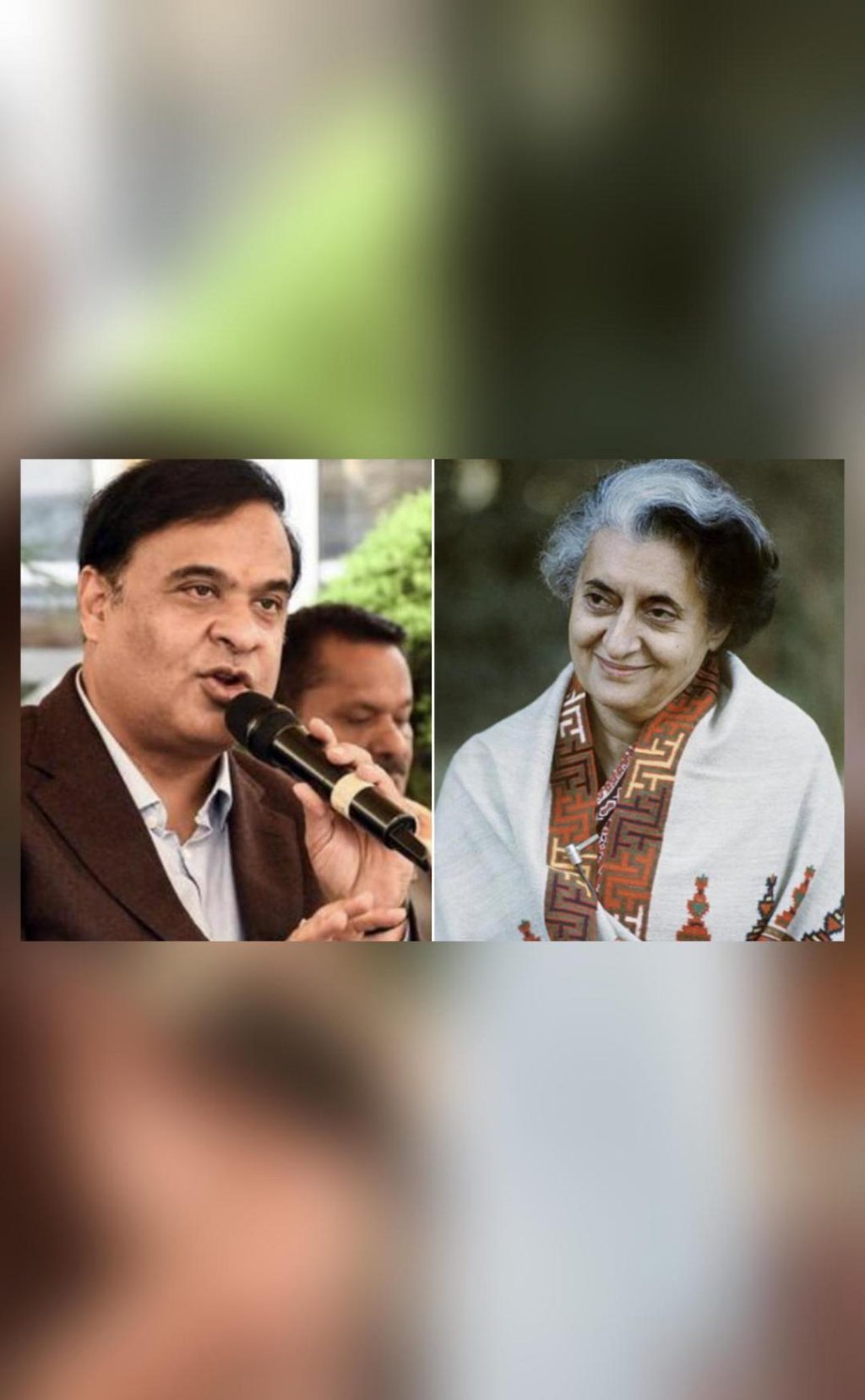
Why didn’t Indira take back PoK after 1971 victory?: Himanta
The 1971 Bangladesh Liberation War was a pivotal moment in the history of the subcontinent. The war saw the liberation of East Pakistan from Pakistani rule, and the subsequent creation of Bangladesh as an independent nation. The war was fought between the Pakistan Army and the Mukti Bahini, a Bengali paramilitary force supported by the Indian Army.
The war was a decisive victory for India, with the Indian Army playing a crucial role in the liberation of East Pakistan. The war ended with the signing of the Simla Agreement in 1972, which established diplomatic relations between India and Pakistan.
However, a question that has been raised many times is whether India should have taken back Pakistan-Occupied Kashmir (PoK) as part of the Simla Agreement. PoK is a region that has been under Pakistani control since 1947, and has been a source of tension between India and Pakistan ever since.
Recently, Assam Chief Minister Himanta Biswa Sarma raised this question, stating that if former Prime Minister Indira Gandhi had been alive, he would have questioned her about the strategic decisions she made during the 1971 war. “Our Army had won the 1971 war. Why did she not take back Pakistan-Occupied Kashmir in the Simla Agreement?” Sarma said.
Sarma’s question is a valid one, and one that has been debated by historians and strategists for years. There are several reasons why India may not have taken back PoK as part of the Simla Agreement.
One reason is that the Simla Agreement was primarily focused on establishing diplomatic relations between India and Pakistan, rather than on resolving territorial disputes. The agreement did not address the issue of PoK, and did not specify whether India would take back the region or not.
Another reason is that India was not in a strong position to take on Pakistan militarily in 1971. While India had won the war, the country was still recovering from the devastating effects of the 1965 war with Pakistan. The Indian Army was exhausted, and the country was facing economic difficulties.
Additionally, India had other priorities at the time, such as rebuilding the newly created Bangladesh and dealing with the influx of refugees from the war. Taking on Pakistan militarily would have required significant resources, and may have distracted from these other priorities.
It is also worth noting that the Simla Agreement was a significant achievement for India, as it marked the end of the state of war between India and Pakistan. The agreement also established a mechanism for resolving disputes between the two countries, and helped to reduce tensions along the border.
However, Sarma’s question remains a valid one, and highlights the complexities of India’s relationship with Pakistan. The issue of PoK is a sensitive one, and one that has been a source of tension between the two countries for decades.
In recent years, there have been efforts to resolve the issue of PoK, including a proposed constitutional amendment in Pakistan to grant autonomy to the region. However, these efforts have been met with resistance from hardline elements in Pakistan, and the issue remains unresolved.
In conclusion, while there are several reasons why India may not have taken back PoK as part of the Simla Agreement, Sarma’s question remains a valid one. The issue of PoK is a complex one, and one that requires careful consideration and diplomacy to resolve.






